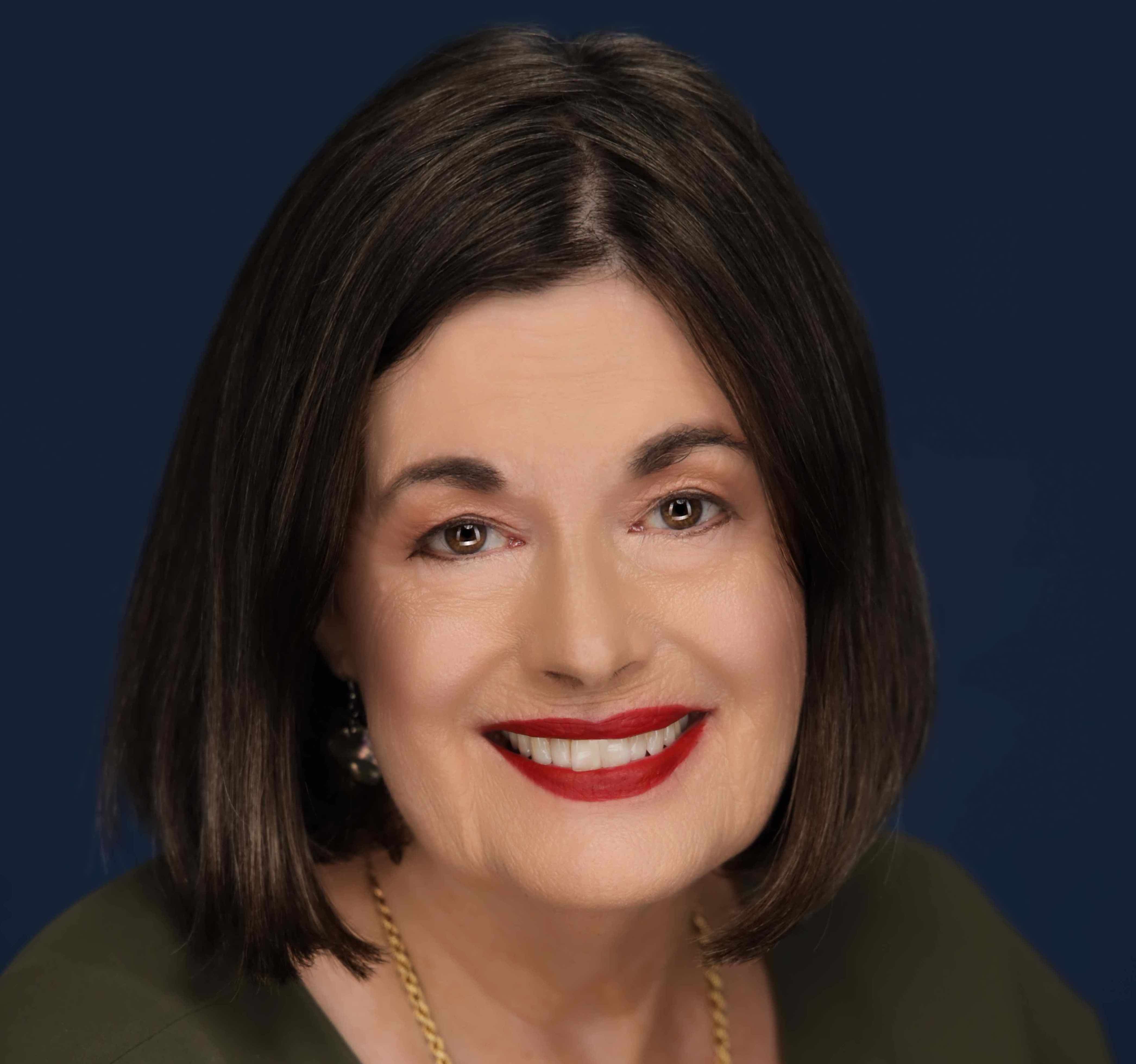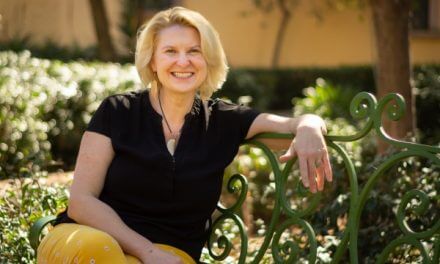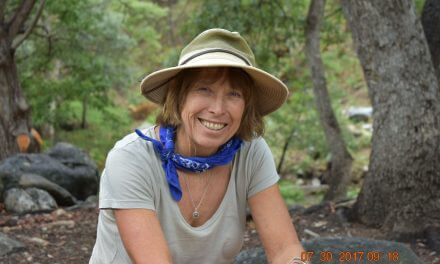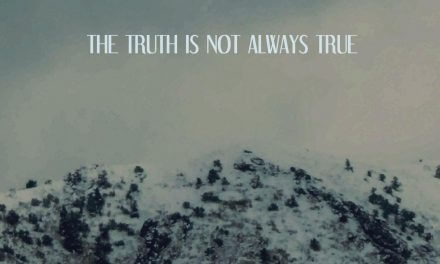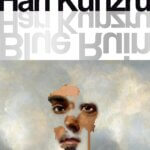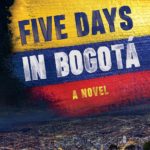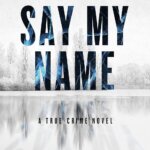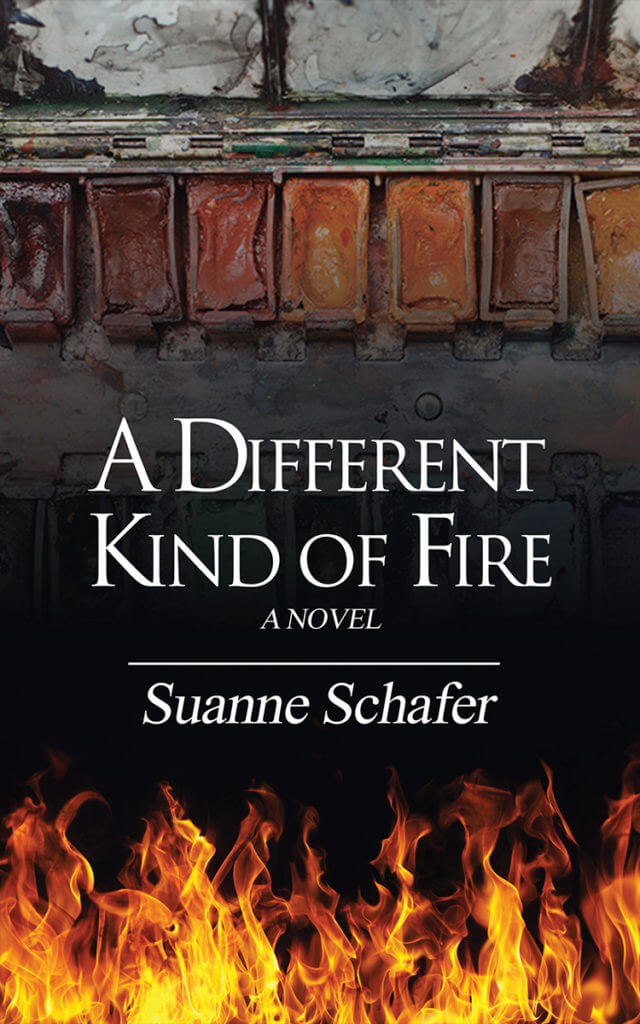Today I have the honor of speaking with Margaret Ann Spence. Like me, she writes about women, the choices they make, and what happens next. She’s found that writing fiction, she finds the truth of family ties, family lies. Her debut novel, Lipstick on the Strawberry, won the Romantic Elements Category in the First Coast Romance Writers 2015 Beacon Contest and was a finalist for the 2019 Eric Hoffer Book Award and the 2019 Next Generation Indie Awards. Her inspiration for Joyous Lies came from a love of plants and of memories of tales about her grandmother’s childhood on a failing dairy farm.
SS: Can you share a bit about your background?
MS: I grew up in Melbourne, Australia, but spent almost all my adult life in the United States. Thirty years on the East Coast ( Boston) and now live in Arizona, having spent some time in California.
SS: What did you want to grow up to be as a child? Has that child’s desire appeared in your work?
MS: I always wanted to be a writer. Trained as a journalist. I never thought of writing fiction until about ten years ago, but once I allowed myself to “make things up” I found it liberating.
SS: What was an early experience where you learned that language had power?
MS: This is a wonderful question. I wrote about this experience for a memoir about growing up in Australia in the 1950s, when immigrants flooded to our shores, changing our insular culture, opening up different ways of seeing the world. My great aunt worked at the Post Office. Because she was so friendly and interested in their lives, the customers, mostly foreigners, lined up to her till. Going to work with her sometimes, I saw the immigrants posting letters home to their families, describing to them their new lives, the colors, smells, foods, and customs of the new land. I understood then that writing could bridge oceans and link people.
SS: Did anything in your past push you to write about your book and the conflict(s) in it?
MS: My latest book, Joyous Lies, is set on a commune founded by Vietnam War draft resisters, and by the time the story begins, it has been in existence for fifty years, and the communards are aging and looking back at their lives. The main viewpoint character is a granddaughter of these founders, and she studies the communication properties of plants. I’m the same age as these hippies, remember the Vietnam War and its protesters vividly, and also the establishment-abandoning hippies. Now many of their ideas are actually mainstream. The young character, Maelle, pursues scientific work that takes us into the next era, that of climate change and new research into what might save us, which is a new understanding of plant life and its importance to the planet. There are a great many conflicts in the book, both personal to the characters and in ideas, but what I wanted to show ultimately, is that each generation pursues goals that they sincerely feel will lead to a better future, only to find unintended consequences, which must be mended by the next generation, who make their own mistakes.
SS: That definitely sounds like a book I’d read. Writing is undoubtedly a lonely occupation. John Green (The Fault in Our Stars) says writing is a profession for introverts who want to tell you a story but don’t want to make eye contact while doing it. P. D. James (Cover Her Face) says it’s essential for writers to enjoy their own company. Do you see yourself along those lines? Are you a natural loner?
MS: I agree with P.D. James, but not with John Green. I was the oldest in a fairly big family and found my room to be a treasured retreat, where I could read in peace. However, I also crave the company of others and adore parties of any kind, going to them and creating them too. I don’t actually think staying home all the time is good for a writer. You have to be out in the world to write about different experiences.
SS: If you have children, does being a parent influence your writing? To what extent?
MS: I could not actually write novels, which require a much deeper dive into imagination than journalism, until I “retired.” But the experience of having children is the most profound experience of being human, I have to say, at least for me. I am obsessed with how to care for children and how our society falls far short of the ideal. I explore different beliefs about bringing up children in Joyous Lies, and also to an extent in my first book, Lipstick on the Strawberry.
SS: Hilary Mantel (Wolf Hall) says that a Catholic upbringing is the only qualification a writer requires. Can you relate to this idea? Do you have any similar writing qualifications?
MS: I think Hilary Mantel is wonderful. She had an extraordinary background, as evidenced in her autobiography. I am not a Catholic, so hope this does not disqualify me to be a writer. However, I am very interested in redemption. Having lived as long as I have, it has become abundantly clear that every generation fails to live up to its ideals. The only hope for us as human beings is to get up off the floor, dust ourselves off, say sorry, and begin again.
SS: Do you generally write in one genre? If so, what is it? And what can readers expect from one of your books?
MS: I write Women’s Fiction, but have been tempted to write Historical. My books deal with characters who suspect they have made a fundamental mistake or error of judgment. How they get out of their predicament and re-direct the ship seems to me to be plot-worthy.
SS: Regardless of genre, what are the elements that you think make a great novel? Do you consciously ensure all of these are in place?
MS: Great books have believable plots, masterful pacing, characterization that develops and is shown through dialogue. Fundamentally I am interested in books that are about more than a particular set of characters and their narcissistic concerns. I like to set the background at a time and/or place when serious decisions must be made that affect the society around the characters.
SS: Which non-literary piece of culture could you not imagine your life without?
MS: I love the visual arts, and the art of living (if that makes sense) Creating beauty around me is important. I don’t think this requires a huge investment. It can be as simple as growing and picking flowers for the table. My walls are covered with paintings by little-known artists.
SS: I enjoy the visual arts too, including fiber arts. I love knitting, quilting, and sewing. When you are creating a story, do you avoid reading books in the same vein so as not to be influenced by others, or do you seek out all possible variations for maximum inspiration?
MS: I read widely in the genres of women’s fiction, literary fiction, and historical fiction. I wouldn’t say this was for research at all, but because I just have to have a book to read at night. Occasionally I re-read the classics. Edith Wharton and Henry James, writing about the same time, seem to have leapt over a century because their writing is so cinematic. I love Jane Austen, most Irish writers, Margaret Atwood, Joyce Carol Oates, and Hilary Mantel. So, a range.
SS: If you time-warped fifty years into the future and found that something you created has become a trope or buzzword, how would you feel? Would you feel cheated of royalties or vindicated as a genius?
MS: Good heavens. If writers made a fortune, I guess I might feel cheated. But they don’t, in my experience, so if someone 50 years hence reads my work, that would be reward enough!
SS: What works best for you: typewriters, computer, dictation, fountain pen, or longhand?
MS: I have appalling handwriting, and a touch of arthritis in my right (write!) hand. So laptop computer is the only way to go for me.
SS: Do you ever incorporate something that happened to you in real life into your novels?
MS: People always ask authors if their novels are autobiographical. No. But over the years we have so many experiences and meet so many people that they can be the springboard for a story. I think the key difference for us writers of fiction rather than non-fiction is that we can take an experience that has happened to us and allow ourselves to feel the emotions we felt then. Those emotions are the key to creating a convincing scene or dramatic moment in a story.
SS: In a recent interview, Richard Powers (The Echo Maker) said that he wants literature to be something other than it is today: “There was a time when our myths and legends and stories were about something greater than individual well-being. When the Cherokees lived here and told how the Smokies were formed, they said an enormous bird flapped its wings, and every time the wings touched the ground, they beat down a valley. We’ve just come so far down that path of thinking the use of a story is just for our private consumption, our private manufacture, the creation of internal meaning.” How do you react to that?
MS: I never read that before, but Richard Powers is so right. I could not agree more, which is why I loved his book, Overstory, so much. Our culture is obsessed with individualism and in so many novels, the characters seem to live in an echo chamber. I want to read and write stories that take the reader beyond their own limited lives into questions about the broader society.
********************

Amazon | B&N | iTunes | BookDepository
********************
An excerpt from Joyous Lies:
Chapter 1. Excerpt.
The plants, she hoped, would have something to say.
With the door to the laboratory closed and the sound barriers in place, Maelle fixed acoustic sensors onto two potted plants, situated side by side in a glass dome so even the vibrations of her breath could not disturb them. Above one, she played a recording of the sound of a caterpillar munching leaves. The noise, when magnified so humans could hear it, sounded like the march of eager feet over rough terrain. After twenty minutes, she removed the recording, put on her earphones, and waited.
She heard it, a faint clicking sound.
********************
You can connect with Margaret on social media here:
********************
This post contains Amazon Affiliate links. As an Amazon Associate, I earn a small amount from qualifying purchases.
